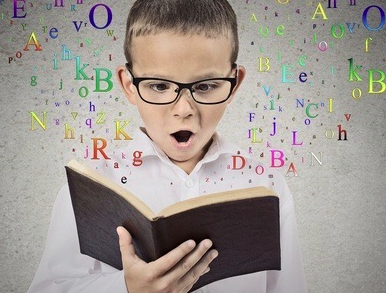Reading plays a powerful role in shaping the way individuals process information, form judgments, and solve problems. As a cornerstone of education and personal development, reading contributes significantly to the growth of critical thinking skills. By engaging with texts, questioning ideas, and evaluating arguments, students and readers at all levels sharpen their ability to think analytically and independently.
Building Analytical Skills Through Reading
Critical thinking begins with the ability to analyze information. When readers engage with complex texts, they must identify main ideas, distinguish between fact and opinion, and detect underlying assumptions. This process trains the mind to examine information carefully, laying a strong foundation for deeper understanding and evaluation.
Encouraging Questioning and Curiosity
Reading encourages readers to ask questions—about content, context, and purpose. Thoughtful questioning leads to greater curiosity and exploration, which are essential traits of a critical thinker. Whether reading fiction, nonfiction, or academic materials, readers are prompted to consider multiple viewpoints and form thoughtful conclusions.
Supporting Logical Reasoning and Argumentation
Exposure to well-structured arguments and narratives enhances logical thinking. Readers learn how arguments are constructed, how evidence supports conclusions, and how to spot flaws in reasoning. These skills are transferable to writing, speaking, and everyday decision-making, helping individuals build clear, persuasive arguments of their own.
Expanding Perspective and Empathy
Literature and nonfiction alike expose readers to different cultures, histories, and life experiences. By understanding diverse perspectives, readers develop empathy and open-mindedness—key qualities in balanced critical thinking. This broader worldview helps students navigate complex social and academic discussions with greater sensitivity and insight.
Improving Focus and Cognitive Endurance
Reading requires sustained attention and mental effort, both of which are crucial for critical thinking. Unlike short-form content or passive media, in-depth reading helps students build cognitive stamina, retain information longer, and engage with texts on a deeper level.
Connecting Ideas Across Disciplines
Reading supports the integration of knowledge across subjects. Whether it’s connecting themes in literature to historical events or applying scientific principles to real-world issues, reading helps students recognize patterns and draw connections. This interdisciplinary thinking is a hallmark of advanced critical reasoning.
Conclusion
The act of reading goes beyond acquiring information—it actively shapes the way individuals think, question, and understand the world. By fostering analysis, reflection, and open inquiry, reading nurtures critical thinking skills that are essential in both academic and everyday contexts. Encouraging strong reading habits is one of the most effective ways to support intellectual growth and thoughtful decision-making.














